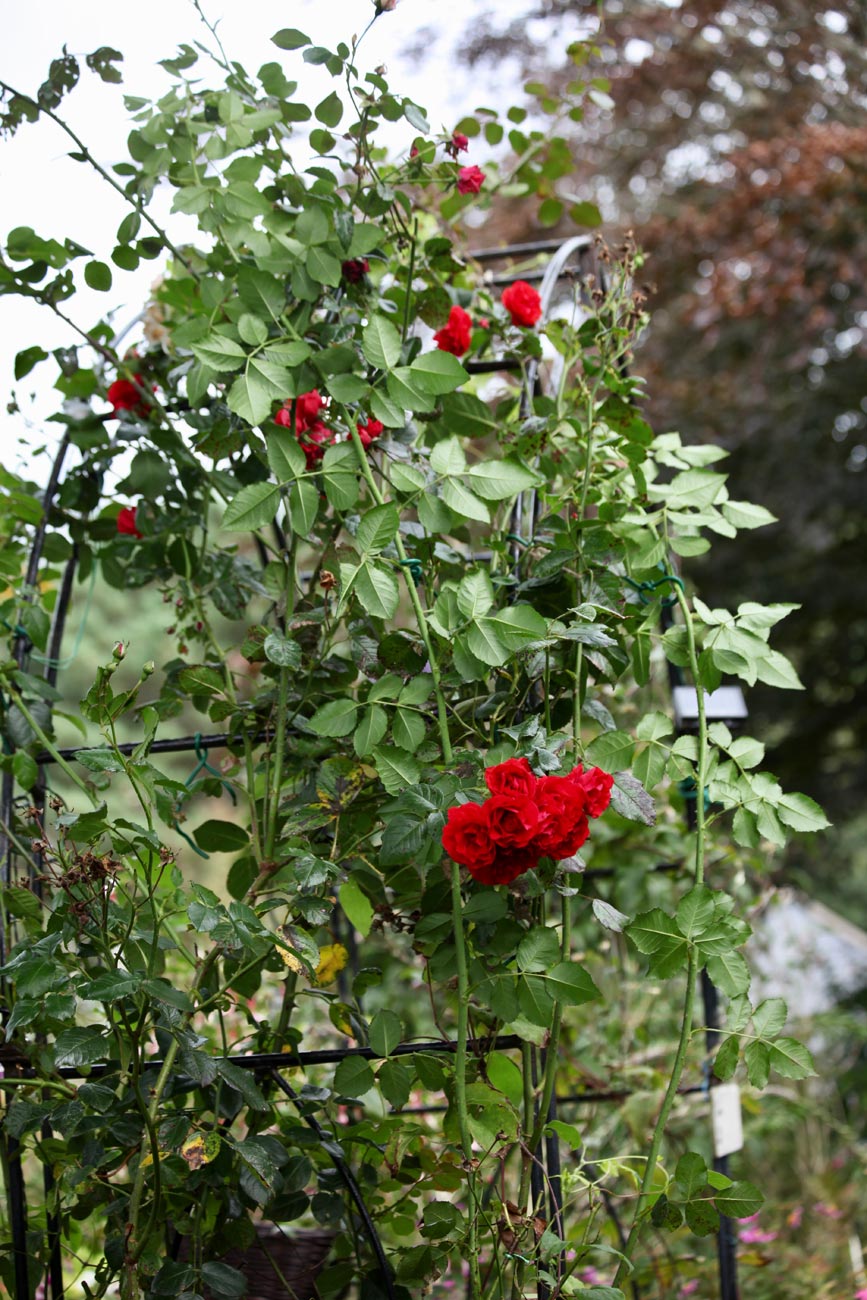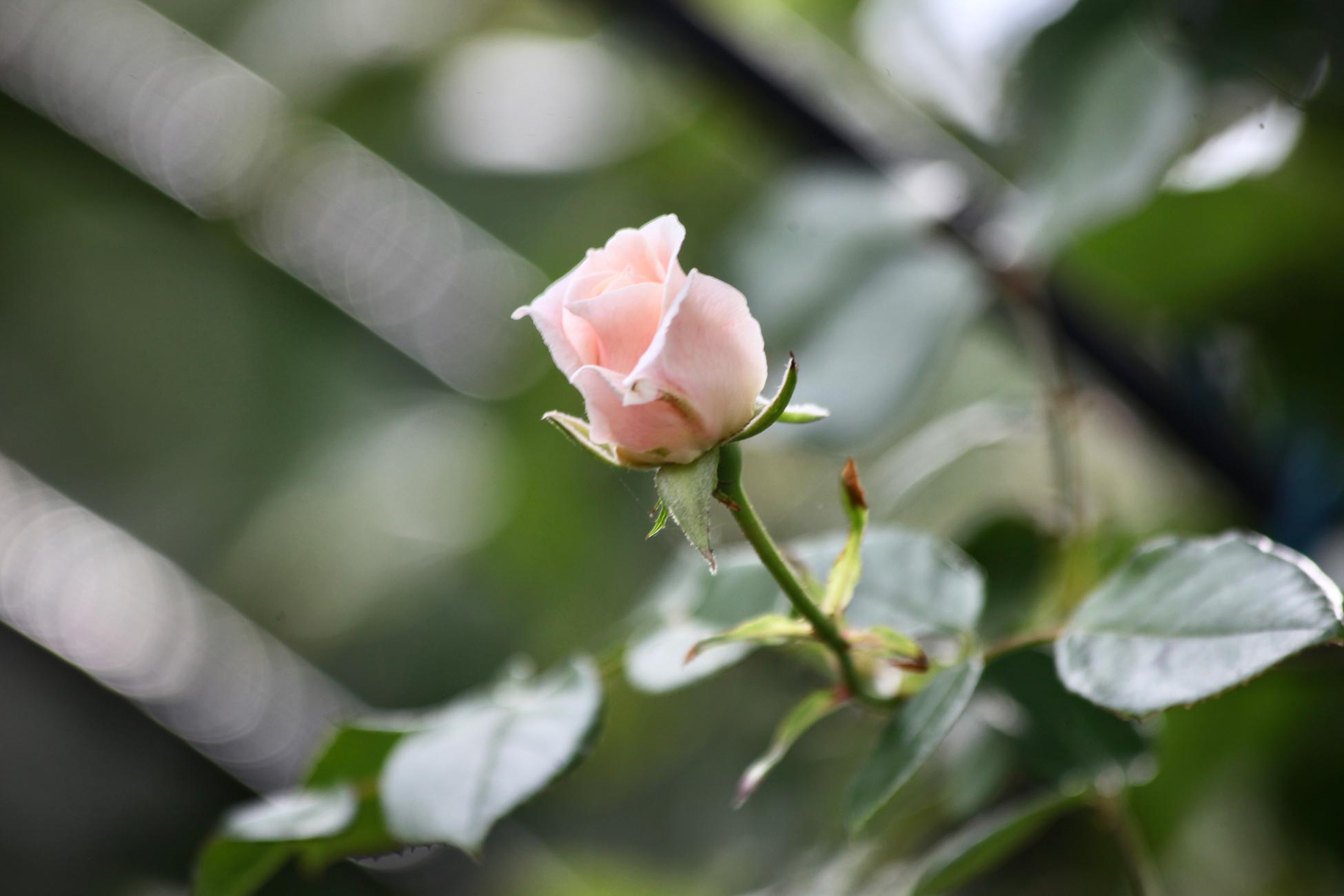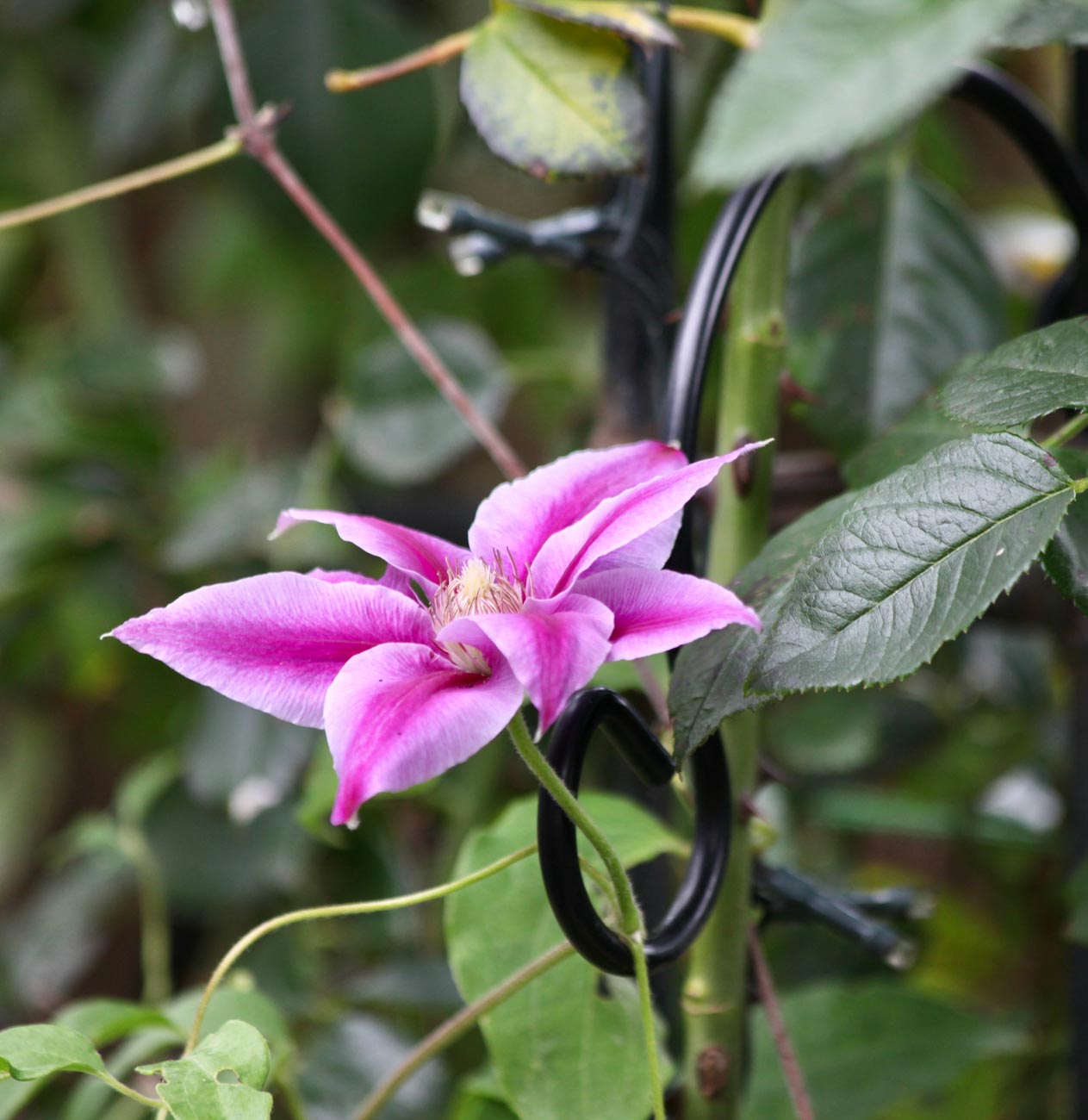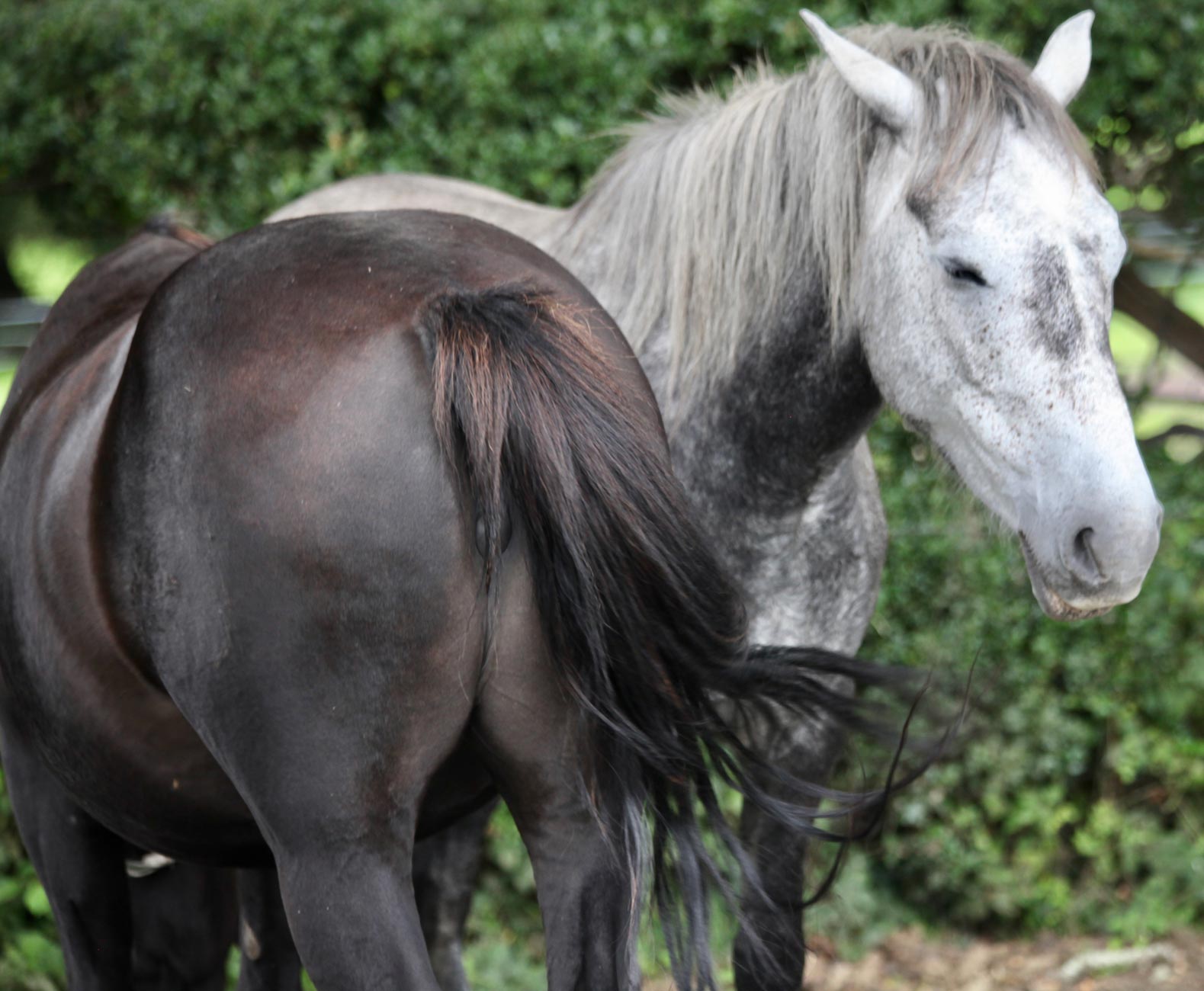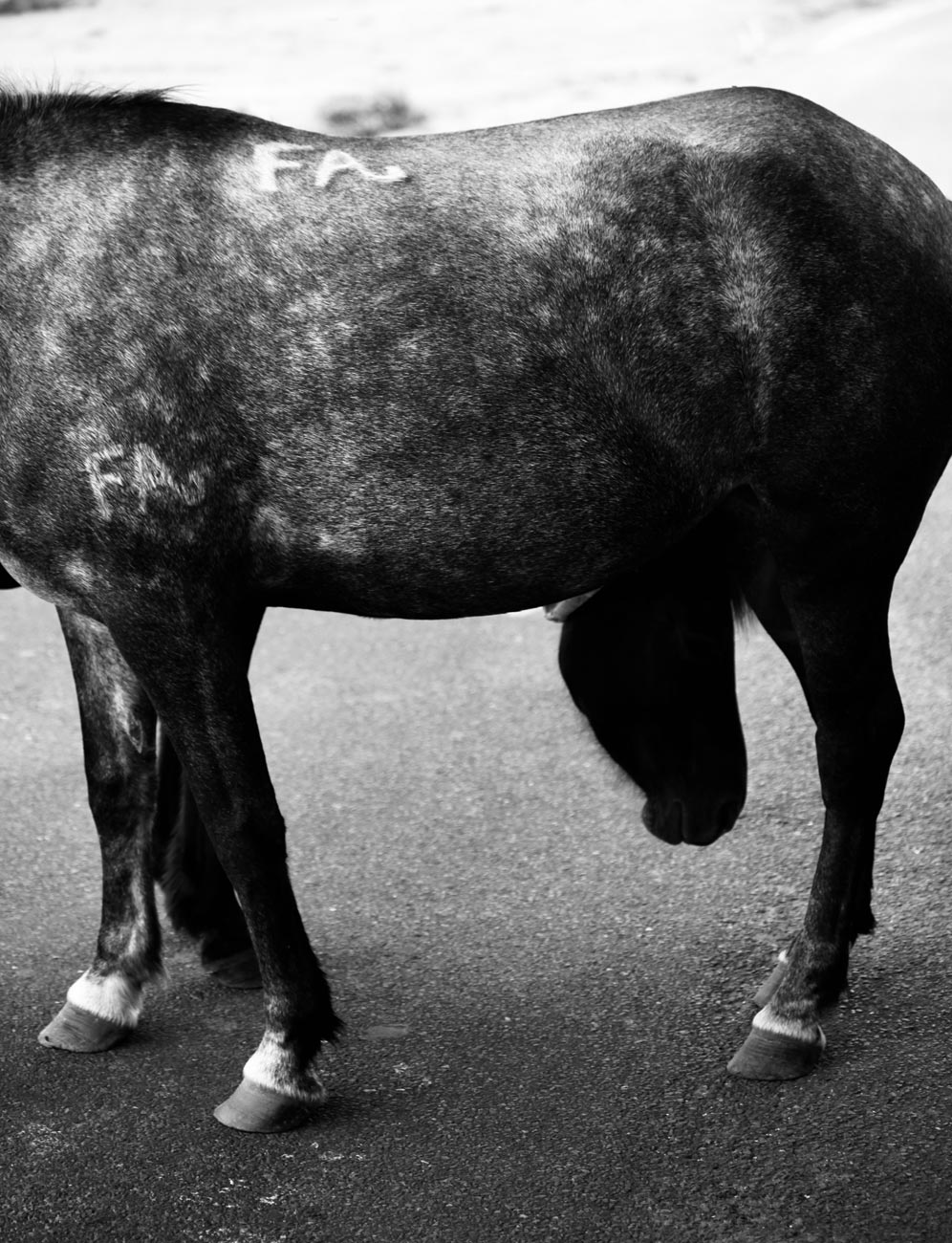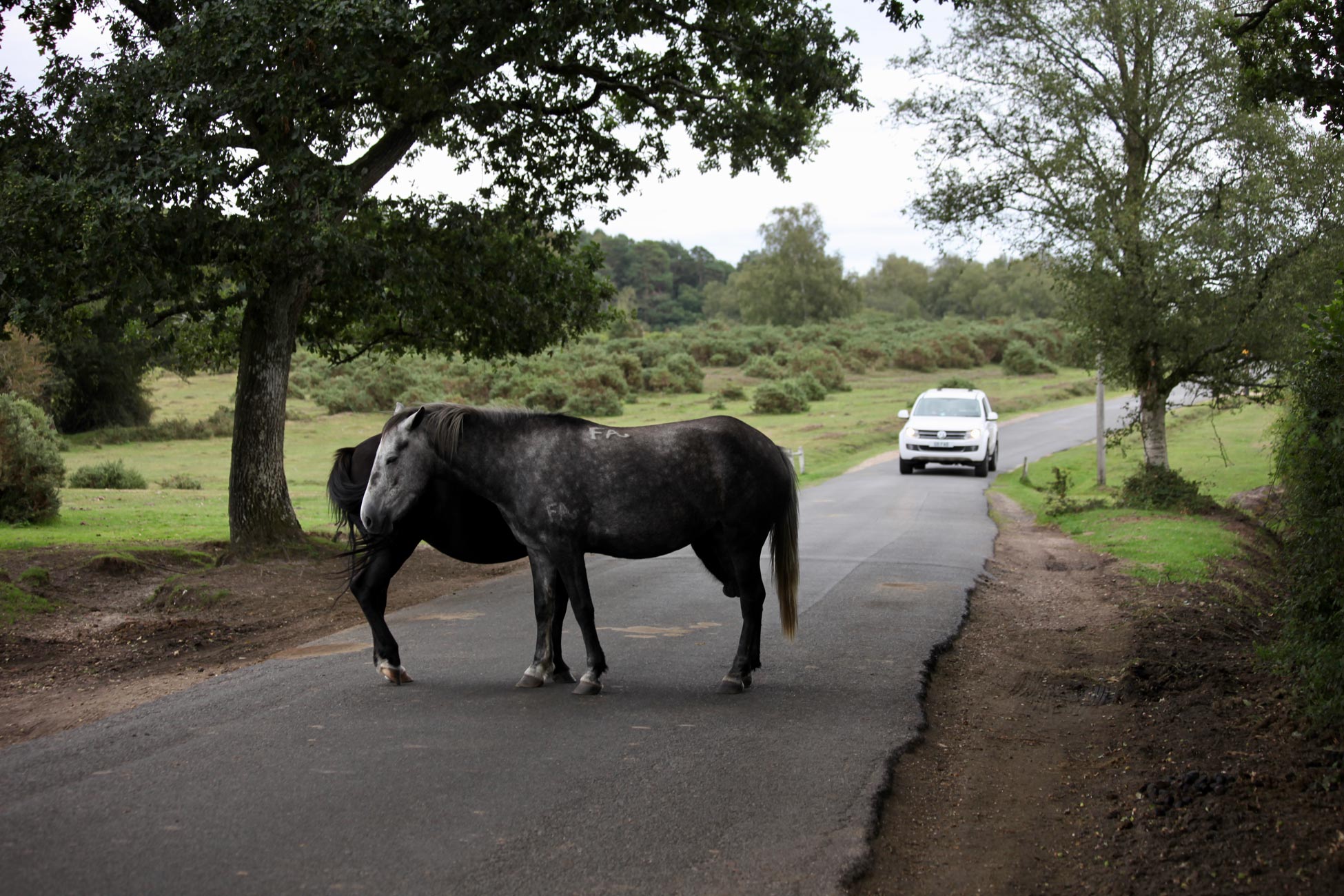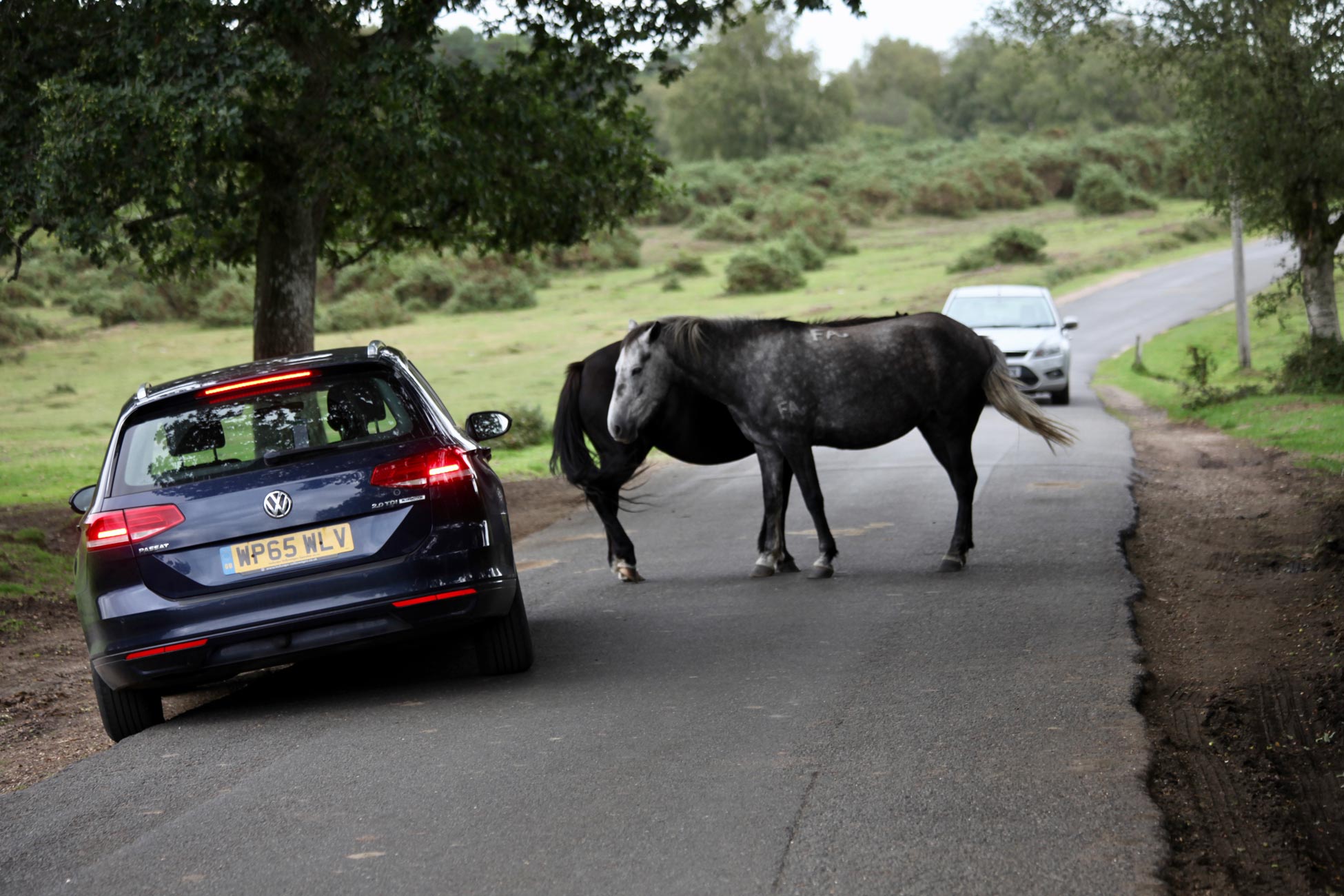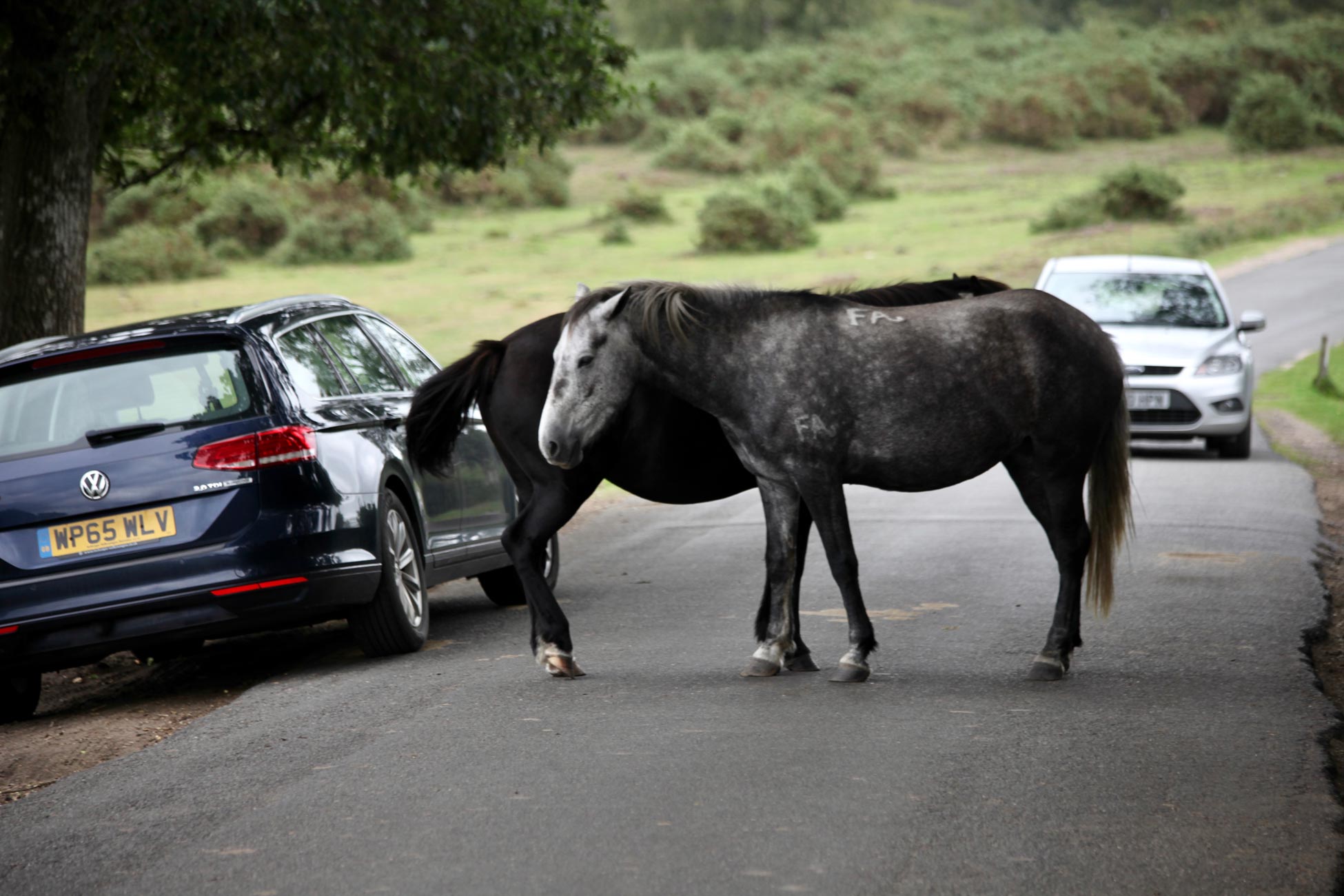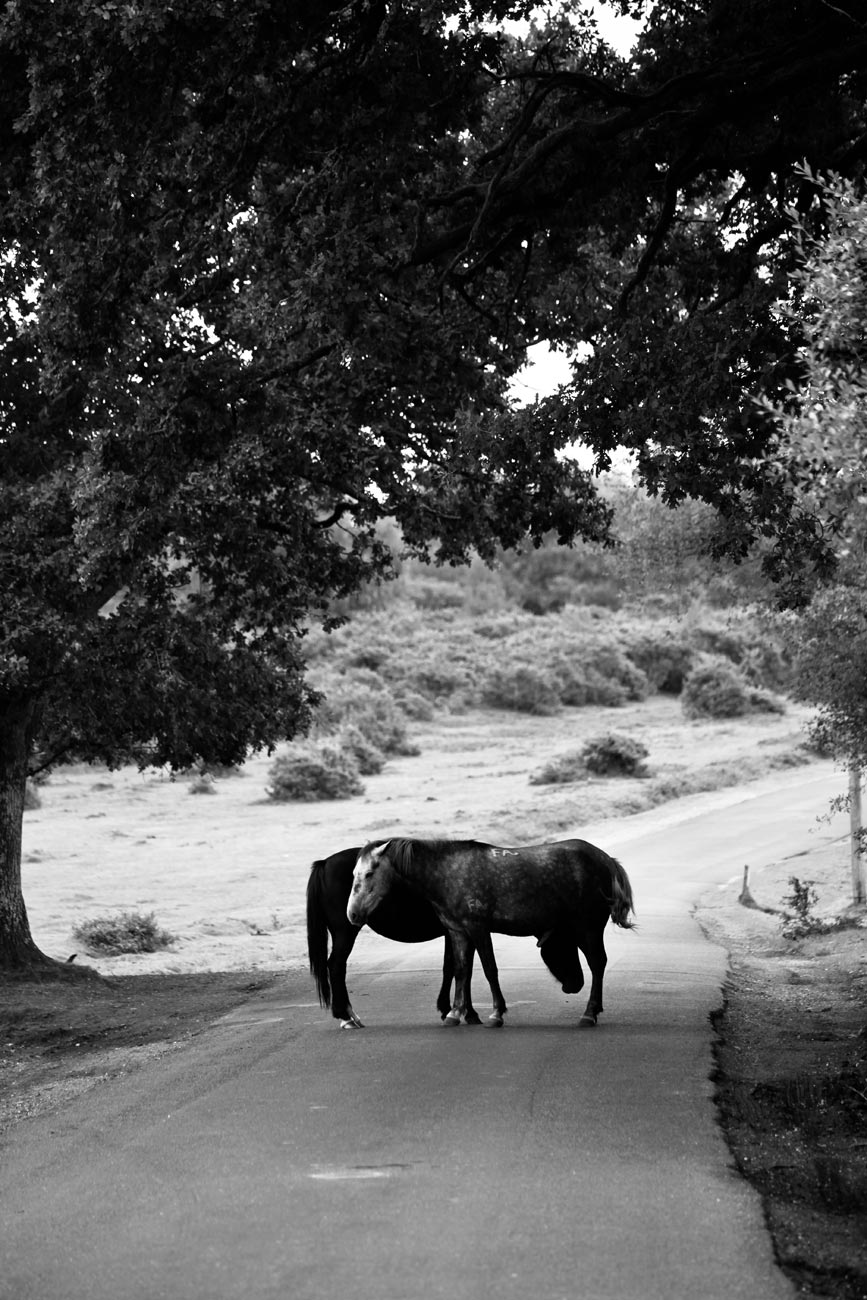I have previously stressed the importance of the translator in a book rendered into English, or any other language for that matter. None more so than The Forest Giant by Adrien le Corbeau.
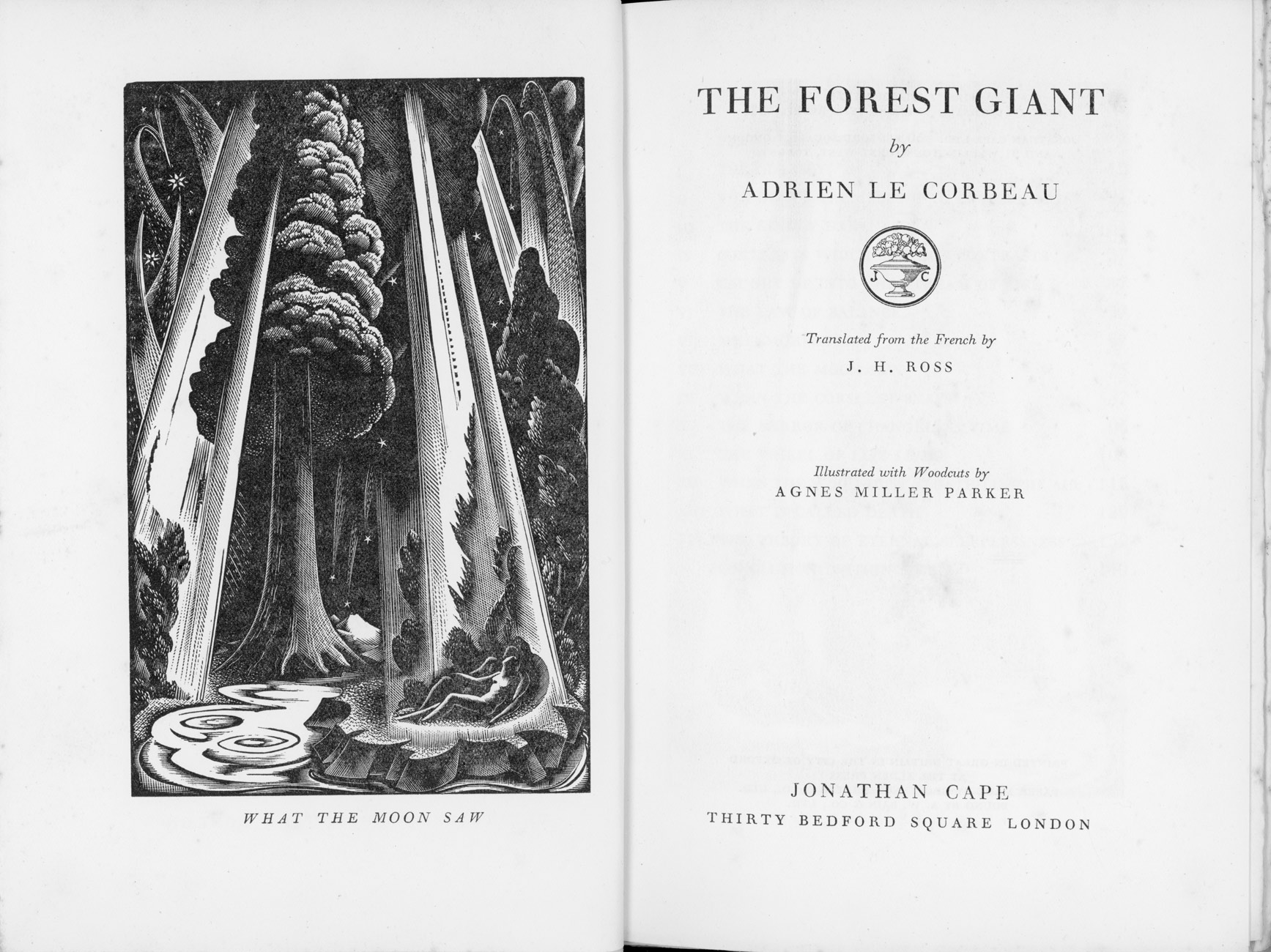
Adrien le Corbeau is one of the pen-names of the Romanian born writer, Rudolf Bernhardt (1886-1932), who, writing in French entitled his work ‘Le Gigantesque’. The translator was T.E. Lawrence (of Arabia), who used the name J. H. Ross.
Because the prose in my 1935 edition was not as fluent as, for example, in Reginald Merton’s translation of ‘A Hero of Our Time’ featured in https://derrickjknight.com/2022/04/21/predestination/ I researched the internet for the original French version, which I assumed not to be the first language of Bernhardt, in order to obtain some idea of the quality of the author’s prose. It seems that the novel has lapsed into obscurity and the nearest I could find was the Castle Hill Press 2004 edition which presents parallel French and English texts at prices which tested my desire to investigate further.
Le Corbeau’s work is described as a novel that, through the story of a fictional sequoia from conception to death and beyond, discusses the histories of all forms of life.
I found this a philosophical exploration of life and death, not with great literary merit, but presented in a fascinating manner. The opening sections, following the journey of the seed to germination are those most smoothly flowing, but all does become more cumbersome further on. I can forgive the author for doubling the life expectation of the giant sequoia and for testing the vocabulary of his translator, but I am no wiser concerning the ultimate style I have read.
It seems that Lawrence (Ross), although he had apparently asked for the commission to translate it, did not like the book at all. While working on the translation, completed in 1923, he wrote: ‘At last this foul work: complete. Please have [it] typed and send [it] down that I may get it off my suffering chest before I burst. Damn Adrien le Corbeau and his rhetoric. The book is a magnificent idea, ruined by jejune bombast. My version is better than his: but dishonest here and there: but my stomach turned. Couldn’t help it.’
To my mind ‘jejune bombast’ is itself simply pompous.
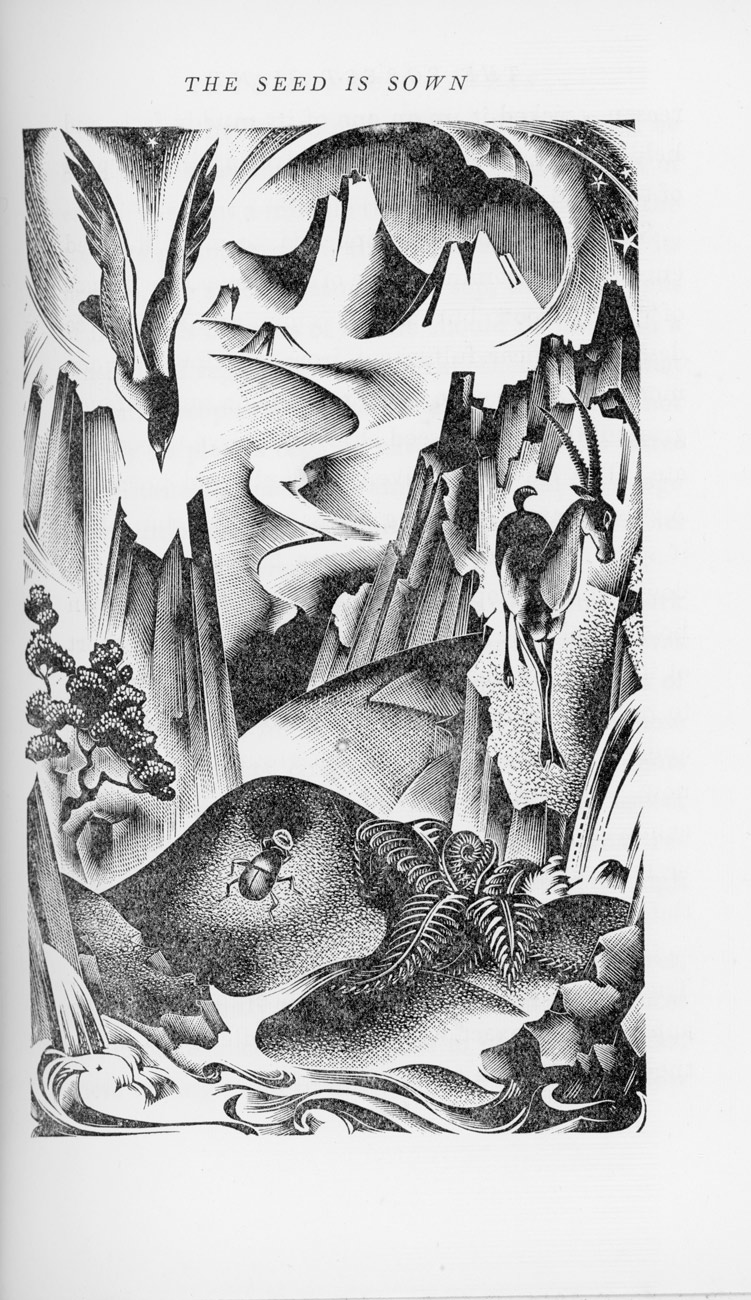
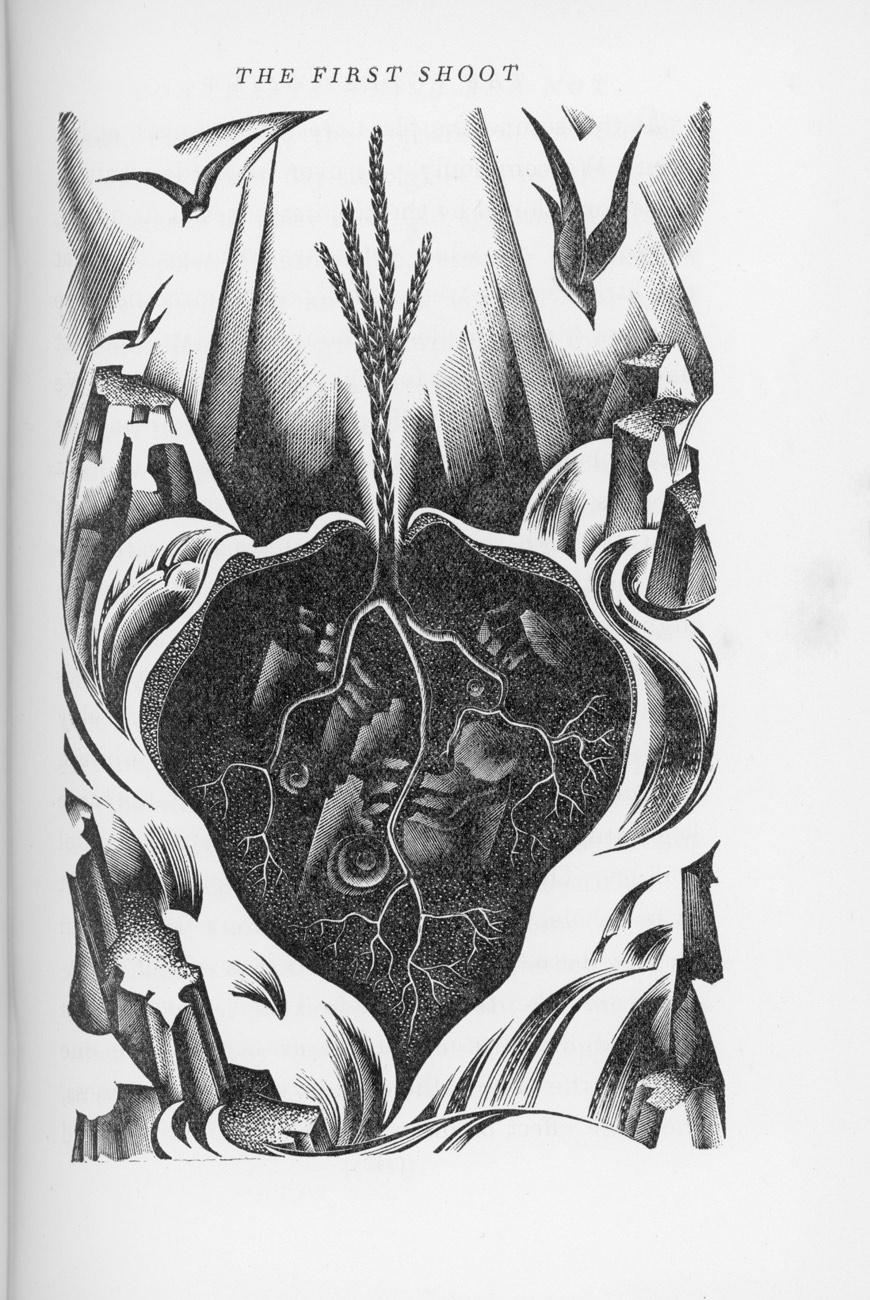
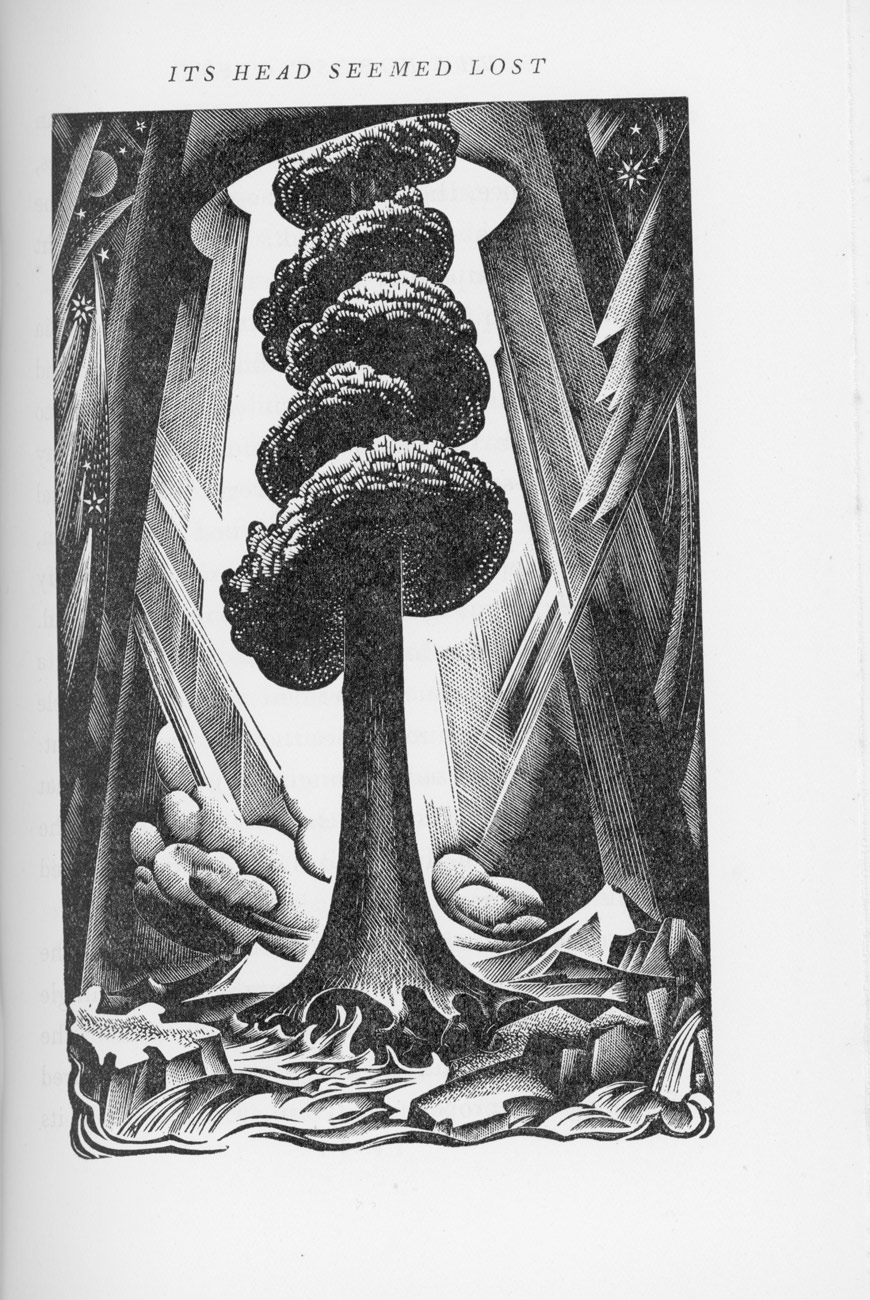


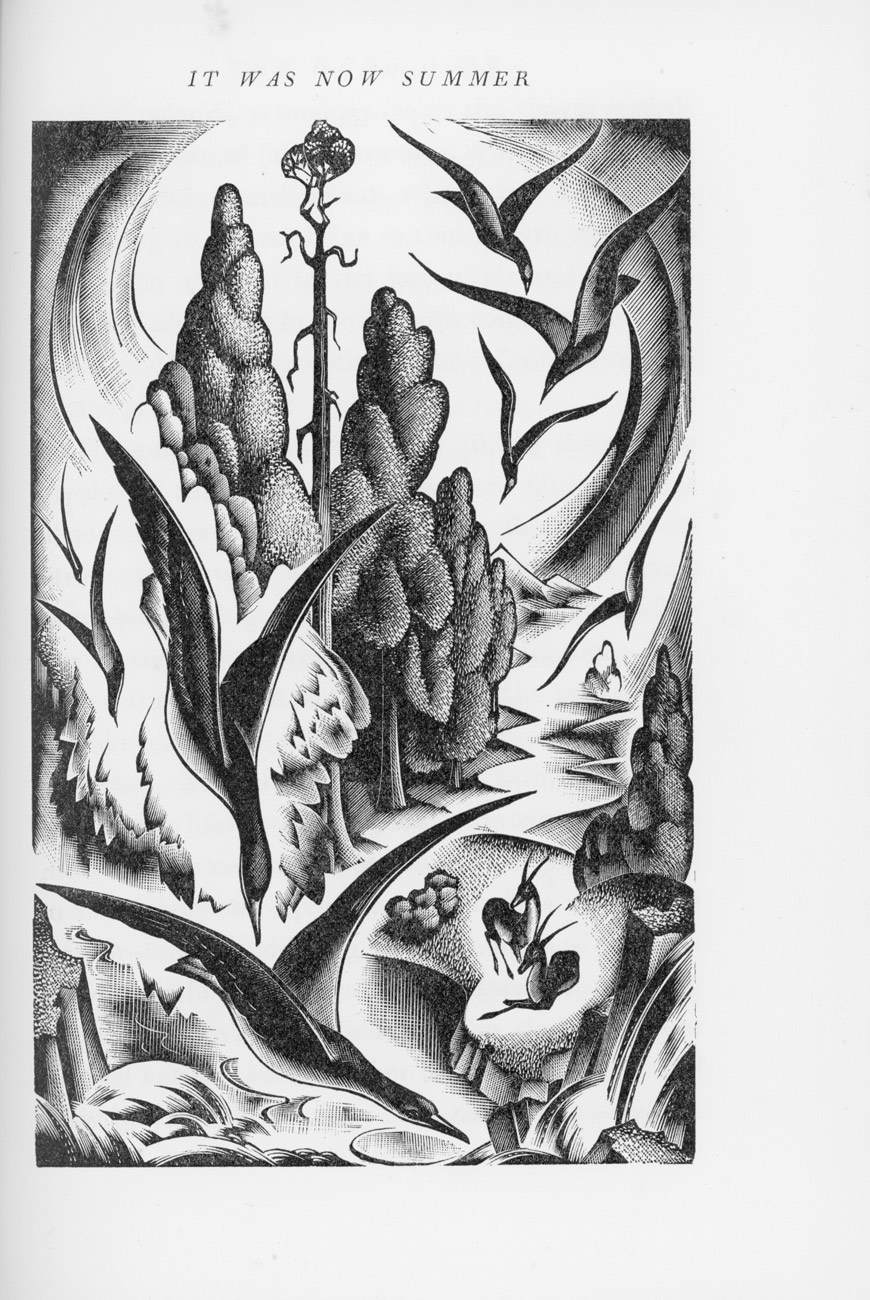


Preferring the earlier, more sinuous, Art Nouveau, this Art Deco period of illustration is not my favourite, but the exquisite wood engravings of Agnes Miller Parker are very skilled examples.
This afternoon Becky, now somewhat recovered, came back for a few days. She had arranged for Jacob, a neighbour, to deliver a replacement mattress for Flo’s bed, which he did later.
This evening we dined on Jackie’s pasta Bolognese and runner beans, with which she and Becky drank Bordeaux Rosé 2020 and I drank Ponce de León 2020.

